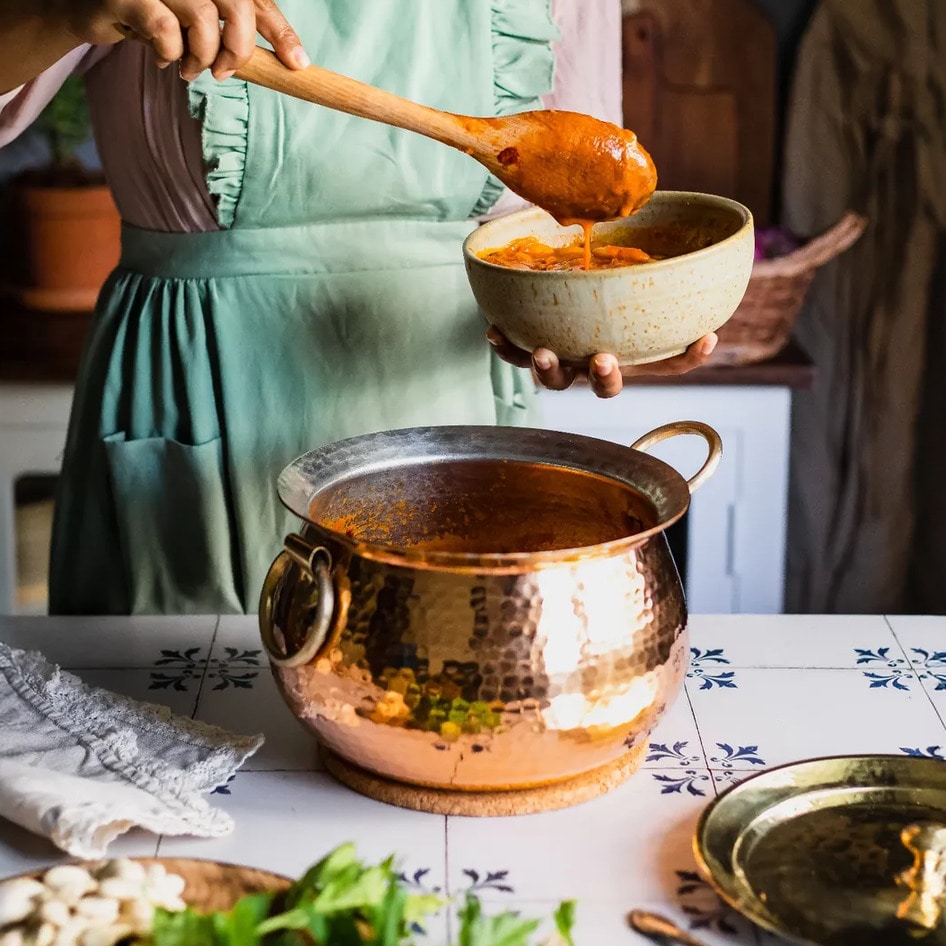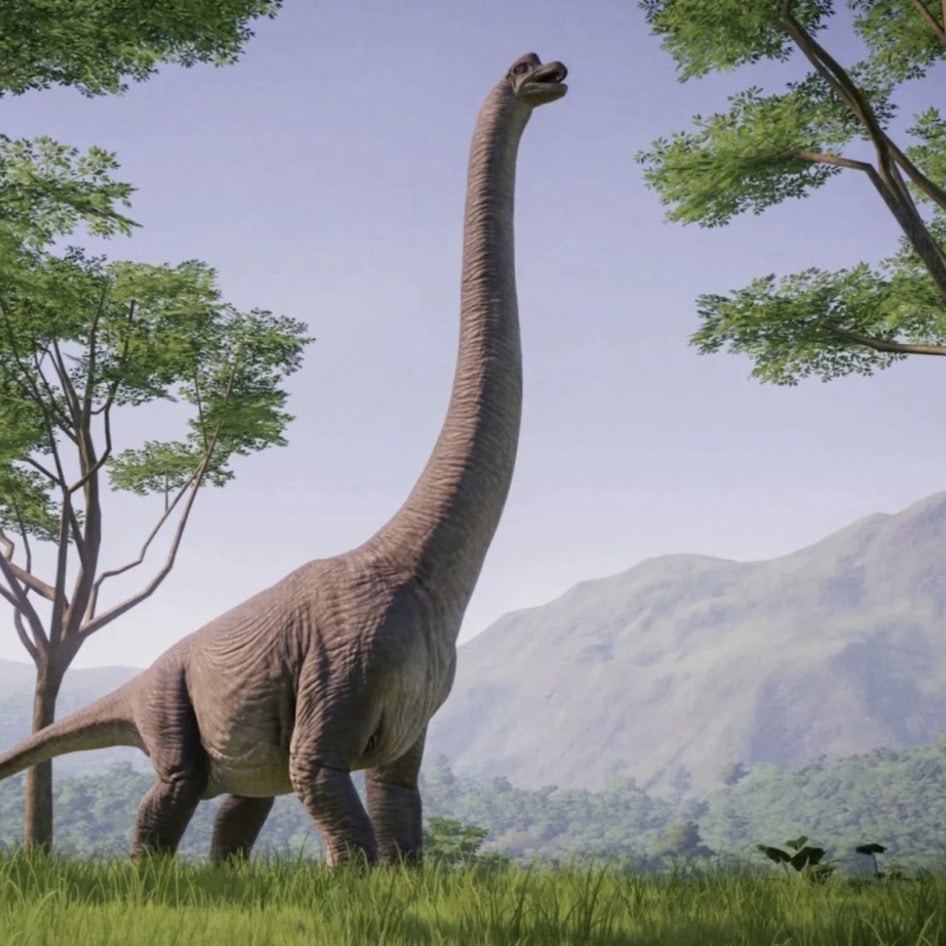Vegan in Kenya
Lions and presidential lineage are two of our favorite reasons to visit Kenya.
January 24, 2009
Maybe you’ve been just a tad overcome with enthusiasm about a certain 44th president. Maybe you’re so freakin’ excited about our recent change in leadership that you’ve decided to do what any rational, adventurous person would—take a trip to Kenya to check out the homeland of our new leader’s father. Or, maybe you just want to go someplace warm in January and check out the free-roaming wildlife. Lions, anyone?
“We’d followed the GPS signal for Diana for awhile when we finally came across the big female with three nearly full-grown cubs resting just ahead of us. The biggest cub got up and strolled toward the Land Rover while staring right at us, then lay down not more than eight feet away. He stared intensely at Alex Gombe, the project assistant, who was wearing a black and white striped sweater. Maybe he was thinking: Zebra?”
Kathy Evans now holds the rare distinction of having one of those African lioness cubs named after her. The Dayton, Ohio, animal lover experienced this up-close and personal moment of pride while gathering data on her most recent of four trips to southeast Kenya as an Earthwatch volunteer. The “Lions of Tsavo” is a research project set up to study the behavior and ecology of lions in and around the Tsavo National Parks and to provide volunteers access to a fascinating world overlooked by more conventional safaris.
Tsavo’s lions, the largest protected population in Kenya, are known to attack livestock and humans. Earthwatch provides the Kenya Wildlife Service with crucial information for livestock management, which in turn helps ensure the survival of the lions in their ever-shrinking habitat outside park boundaries.
Volunteers are taught to use specialized scientific equipment, basic Swahili, and flora and fauna species identification. They’re then sent out with experienced researchers in Land Rovers into dense acacia woodlands in the middle of the night to locate lions, searching for tracks, radio contacts, or eye shine—and listening. “The most chilling, most wonderful sounds heard during the African night are the roars of the lions,” Kathy says. Once spotted, the beasts are photographed and observed for space-use patterns, interactions, and food habits. When it is safe to do so, biological samples are taken.
Like the creatures they track, volunteers take a mid-day siesta in their private tented camp in the Taita/Rukinga Wildlife Conservancy overlooking the vast expanse of unspoiled wilderness. The meals are well balanced and expertly prepared. Vegetarians (especially those who love African and Asian spices) will enjoy a variety of healthful fruits, vegetables, and grains. Earthwatch Institute invented this form of adventure travel in 1971, in which volunteers share the costs of the research while working side by side with leading scientists. There are dozens of projects to choose from. At the waterhole below, elephant, cheetah, impala, warthog, buffalo, lesser kudu, baboons, and vervet monkeys come to drink. But it’s Kenya’s lions that are the star attraction.
JUMP TO ... Latest News | Recipes | Guides | Health | Subscribe







